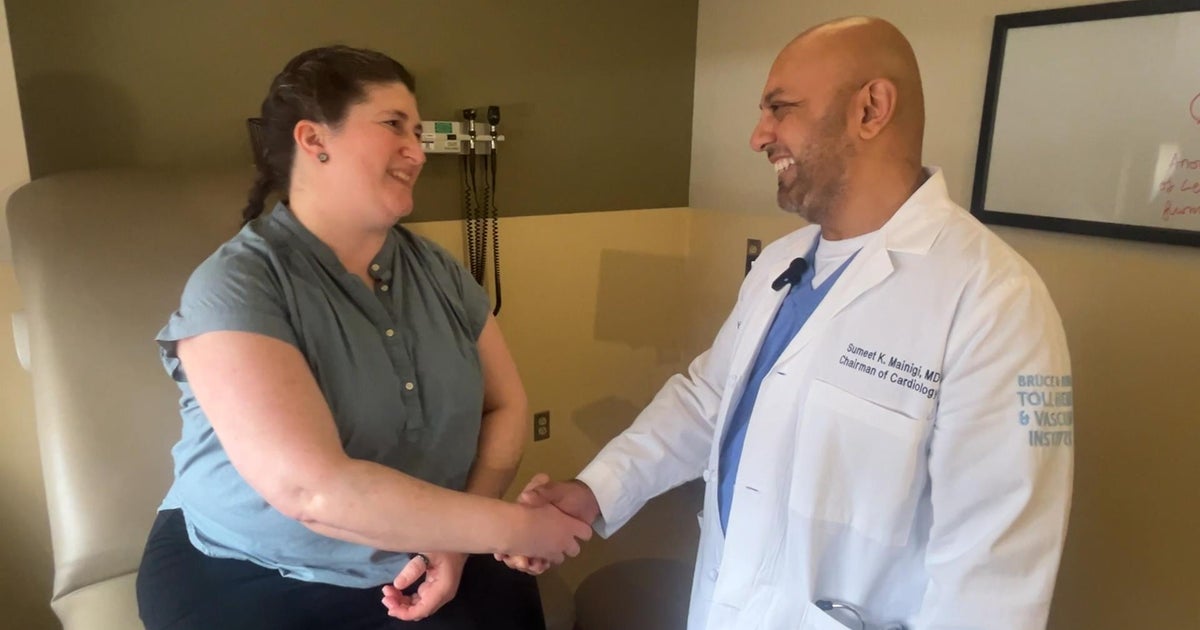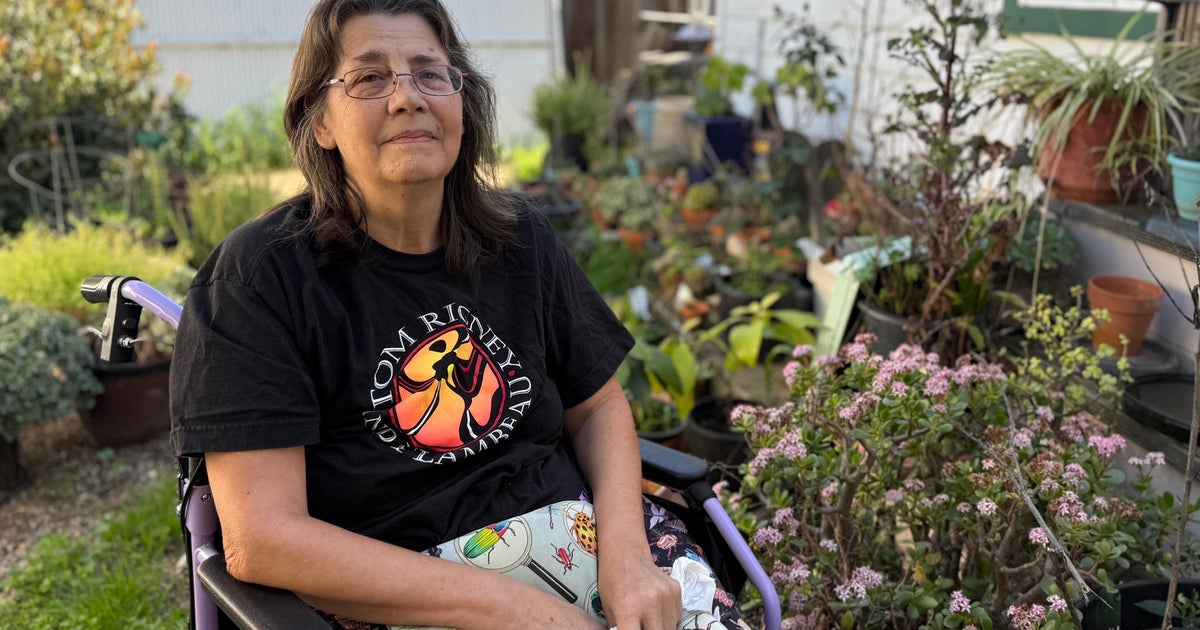"Menopause does not mean you have to suffer": An OB-GYN on breaking the stigma for women
An estimated one million women in the United States experience menopause every year, but it's still often surrounded by stigma — something Dr. Sharon Malone is trying to change.
Malone, an OB-GYN and the chief medical adviser of Alloy Women's Health, gets candid about health and aging in her new book, "Grown Woman Talk."
"Menopause is the one inevitable common experience that all women will have. If you're born with ovaries, you will go through menopause," she said on "CBS Mornings" Tuesday. "But I think that what we've got to do is explain to women, just because we go through menopause does not mean you have to suffer — we have many options for how to treat it."
During the segment, "CBS Mornings" co-host Gayle King shared her favorite line from the book, which speaks to this message: "Menopause is mandatory, suffering is not."
Malone said, "As women, we sort of have incorporated the language of suffering into our existence, and I'm here to say we're done with that."
She also urged women to advocate for their health without shame.
"In today's world, we have never been more in control of our destiny," Malone said. "Because I think that the notion that your doctor was going to take care of you and advise you, that's no longer going to be the experience for most women. We're going to have to realize that we are in control of our bodies and how we access care."
Early signs of menopause, perimenopause
Perimenopause means "around menopause," according to the Mayo Clinic, and refers to the time of life when the body is transitioning to menopause, which marks the end of someone's reproductive years.
Malone says every woman should be thinking about this by age 40.
"The most common (symptoms) that women think of are hot flashes, night sweats, mood swings, brain fog," she said, adding that the list doesn't end there — there about 34 symptoms. "You need to be aware of them, because if you don't know that this is all part of a process, a transition, then you will go to an endocrinologist because you gain weight or a neurologist because you think your brain fog means something else."
Dr. Jessica Shepherd, an OB-GYN and chief medical officer of Verywell Health, previously told CBS News other signs of perimenopause include:
- decrease in energy
- menstrual cycles that come and go
- sleep pattern disturbances
- irritability
Some of these symptoms can also be experienced during menopause, she noted.
The Mayo Clinic adds that some people may also experience vaginal and bladder problems, changes in sexual function, bone loss and changes in cholesterol levels.







